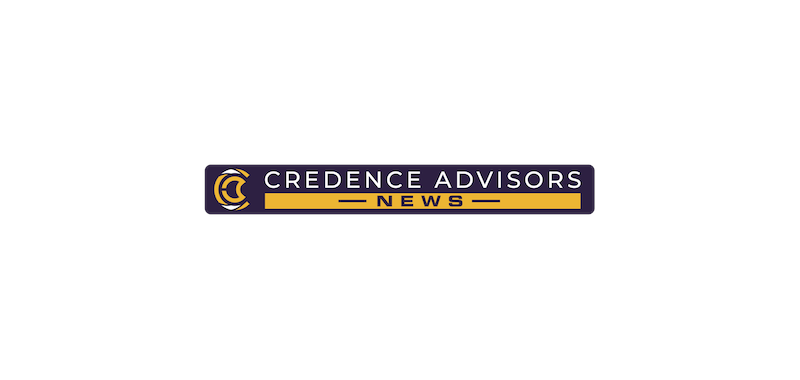Selecting The Ideal LMS Migration Method
As we continue our series on LMS migration, we’ve covered the importance of planning and data cleanup. Now, we turn to selecting the right LMS migration method. Choosing the appropriate approach for migrating your data is crucial to ensuring a smooth and efficient transition. This article will explore various migration methods, helping you decide which one best suits your institution’s needs.
Manual Migration
Manual migration involves manually transferring data from the old LMS to the new one. This method is labor-intensive and time-consuming but allows for meticulous curation of what gets moved. It’s best suited for smaller institutions or when only a limited amount of data needs to be transferred. Manual migration provides complete control over the data being migrated, enabling a thorough review and selective transfer of content.
For instance, a small training organization with only a few dozen courses and user profiles can opt for manual migration. This will allow them to carefully select and organize each piece of data, ensuring that only the most relevant content is moved to the new system. By doing so, they could tailor the new LMS to meet their specific needs without unnecessary clutter. Additionally, manual migration can be a valuable opportunity to clean up and optimize data, enhancing the overall efficiency of the new LMS.
Automated Tools
Many LMS providers offer migration tools that can automate much of the process. These tools can save time and reduce errors but may require technical expertise. Automated tools are ideal for larger institutions with extensive data or when a significant amount of content needs to be transferred quickly and efficiently. Automation minimizes the manual effort involved and can handle large volumes of data with precision.
Automated migration tools can map existing data fields to the new system, ensuring that information is transferred accurately and consistently. They can also schedule data transfers during off-peak hours to minimize disruption to ongoing activities. For example, an institution with thousands of courses and users can use automated tools to transfer the bulk of their data, significantly reducing the migration timeline.
Third-Party Services
Hiring third-party services that specialize in LMS migration can also be a viable option. These companies can handle the entire process, ensuring a smooth transition. While this option can be more expensive, it might be worth it for larger institutions or more complex migrations. Third-party services bring expertise and experience, which can significantly reduce the risk of errors and downtime. They also offer a level of assurance, as they typically follow best practices and industry standards.
A university undergoing a complex migration involving multiple systems and integrations might benefit from engaging a third-party service provider. These experts can manage the intricacies of the migration, from initial planning to final implementation, ensuring that all aspects are handled professionally. The additional cost can be justified by the reduced risk and increased efficiency of the migration process.
Hybrid Approach
In some cases, a hybrid approach may be the best solution. This involves combining manual migration, automated tools, and third-party services to suit your specific needs. For example, you might use automated tools for bulk data transfer and manual methods for sensitive or complex data. A hybrid approach allows for flexibility and customization, ensuring a tailored migration process that addresses various aspects of your data and system requirements.
A large university can choose a hybrid approach for their LMS migration. They can use automated tools to transfer the bulk of their data, such as course materials and assessments, while manually migrating essential information like student grades. They can also hire a third-party consultant to oversee the process and provide expertise where needed, ensuring a comprehensive and secure migration. This method allows the university to leverage the strengths of each migration technique, optimizing efficiency and accuracy.
Conclusion: Choosing The Right LMS Migration Method
Selecting the right migration method is a critical step in the LMS migration process. Whether you choose manual migration, automated tools, third-party services, or a hybrid approach, it’s important to consider the size and complexity of your data, as well as your institution’s resources and needs. This article is part of our ongoing series designed to provide deeper insights into each step of the LMS migration journey. Stay tuned for our next installment, where we will discuss defining roles and permissions to ensure security and functionality in your new LMS.
Editor’s Note: Check out our directory to find, choose, and compare eLearning Industry’s Top LMS Software.

Artha Learning Inc
Artha is a full-service learning design firm. We partner with organizations to design their digital learning initiatives from instructional, engagement and technical point of view.

